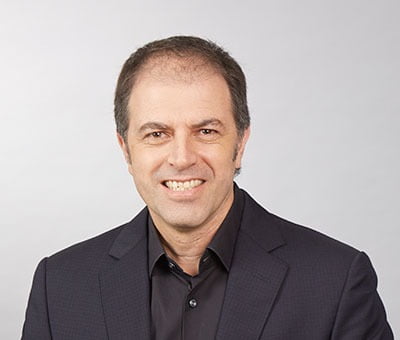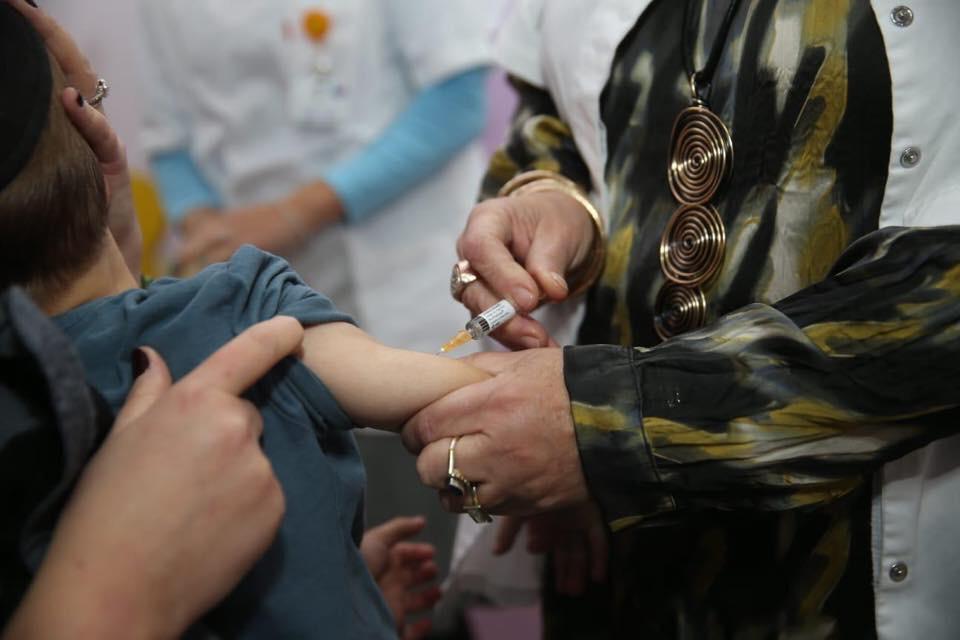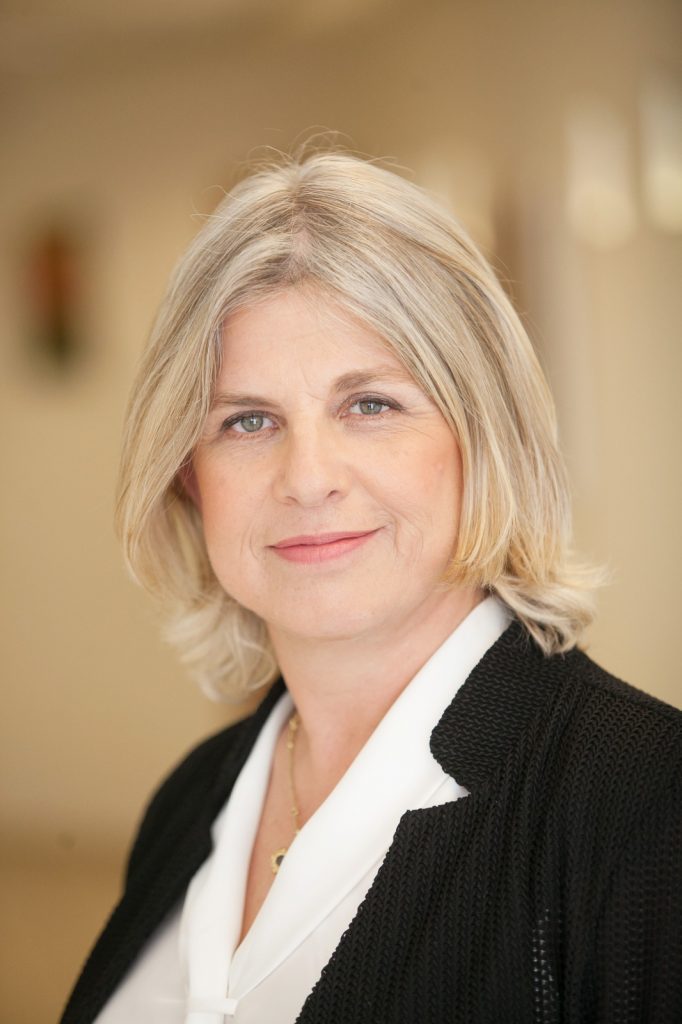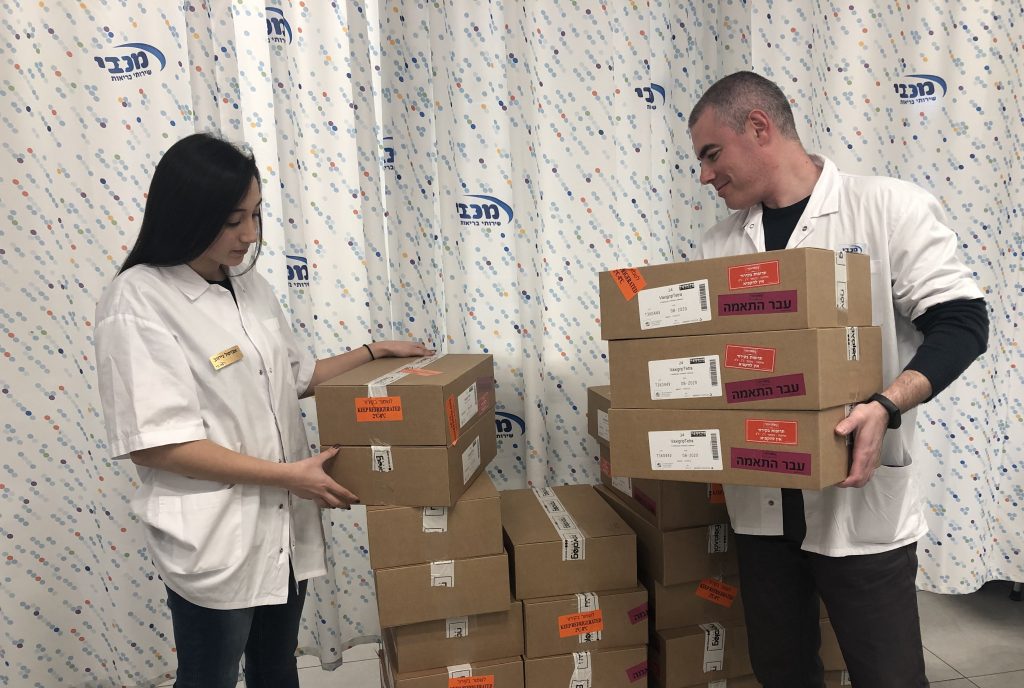An Israeli machine learning-based system is helping a leading local healthcare organization identify patients who run a high risk of developing complications from the flu, or influenza, which has hit Israel especially hard this year.
Medial EarlySign, a Hod Hasharon-based company, announced this month that it was chosen by Maccabi Healthcare Services, Israel’s second-largest HMO with over two million patients, as part of its strategy to enhance its flu vaccination campaign. Maccabi will use Medial EarlySign’s flu complications algorithm to flag individuals at high risk of developing flu-related conditions as part of a joint clinical study.
Founded in 2009, Medial EarlySign uses machine-learning solutions to build clinical insights for healthcare organizations based on electronic health records. The company’s technology has been used in studies to identify and stratify prediabetic patients at high risk for progressing to diabetes within a year, to predict which sufferers of diabetes will develop kidney dysfunction within a one-year time-frame. Medial EarlySign also previously partnered with Maccabi in 2016 to identify individuals at high risk of colorectal cancer who are non-compliant with screening guidelines.
As part of the current partnership, Medial EarlySign’s flu complications algorithm will use Maccabi’s EHR (electronic health records) data to identify and stratify unvaccinated individuals at high risk of developing flu-related complications which often require hospitalization.

The aim of the joint project is two-fold, Medial EarlySign co-founder Ori Geva tells NoCamels. “First, Maccabi will be able to figure out which individuals run a high risk of having complications from the flu and will be able to reach out to them specifically. And second, it gives us insights to better build our model.”
Geva indicated that Medial EarlySign is engaged in a similar partnership in the US with Kaiser Permanente, a healthcare consortium with over 12 million members.
The company created a customized model of its platform for Israel, Geva tells NoCamels, and the project began in September. Maccabi will work with Medial EarlySign’s system through the flu season which has been quite harsh this year, by all Health Ministry indications.
Israel’s flu outbreak in numbers
In a December press announcement, the Israeli Health Ministry said cases of patients with flu-like symptoms started appearing across the country two weeks earlier than the previous flu season in 2018-2019. Since early last month, there has been an uptick in patients seeking treatment for flu-like symptoms including chest infections, a flu complication, and more patient samples testing positive for various flu strains than the previous year.
Among patients with Severe Acute Respiratory Infections (SARI), the rate of positive samples for influenza has also risen in recent weeks, according to a Health Ministry report for the second week of January 2020. As for pneumonia, the most common flu complication, the rate of patients seeking treatment has also been high – higher than the multi-year average – though the ministry said it noted a decrease in January.

Overall, the rate of severe influenza cases this year requiring hospitalization reached 351 (as of January 28, 2020), compared to 163 last year and 198 the year prior, according to Health Ministry data sent to NoCamels via email.
Of those 351 cases, 43 patients have died so far this flu season including five who were under 18, the Health Ministry reported. In the 2018-2019 flu season, the death toll was at 49, and the 2017-2018 season claimed 90 lives.
A different flu season?

Generally speaking, the flu season in Israel this year has also been characterized by two key factors. One, the vaccination program led by Israeli HMOs began later than usual (mid-November) due to a delay in the approval of the vaccine by the World Health Organization, which prepares the shots every year on the basis of dominant strains that appear in the southern hemisphere and are then expected to reach the northern hemisphere. This meant that patients began getting their vaccines later while also facing a shortage.
Despite this, the vaccination rate has been higher compared to the same period last year, according to the Health Ministry, but still rather low overall. As of January 15, 2020, about 2,100,000 people received the vaccine (about 23 percent of the population, compared to about 18 percent last year).
The second factor involves strains. According to the Health Ministry, the dominant influenza strain this year has been H1N1, otherwise known as “swine flu.”
“H1N1 is an especially nasty virus and is known to be quite aggressive,” Professor Varda Shalev, director of KSM Kahn-Sagol-Maccabi Research and Innovation Institute, tells NoCamels. In a statement announcing the partnership with Maccabi, Shalev said the strain “could take a heavier toll this season, particularly on people at high risk for flu complications,” adding that the flu kills “between 250,000 and 500,000 people globally every year.”
Sign up for our free weekly newsletter
SubscribeOther factors may have also led to this harsher flu season.
Professor Hagai Levine, an epidemiologist at the Hebrew University-Hadassah School of Public Health and Chairman of the Israeli Association of Public Health Physicians, says it could also be a combination of factors including possibly “climate change as we observed change in interseasonal intensity in Australia, maybe late vaccination, maybe just normal changes,” he tells NoCamels via email.

Professor Levine adds that the question remains whether it’s the flu itself that can lead to death or the complications themselves. “If the flu leads to a bacterial infection, what is the cause? The flu or the bacteria? In many cases, it is the subsequent illnesses.”
Given the dominance of different strains every year, and the appearance of new ones – such as the coronavirus currently wreaking havoc mainly in China – Professor Levine says “roughly speaking the vaccine is about 50 percent effective in long-term analysis.”
Key measures

Medial EarlySign’s system, says Dr. Jeremy Orr, the company’s CEO and previously its chief medical officer, “looks at all influenza [strains] so it’s very general.”
“The flu is a preventable disease and we sort through the medical data to provide more information and educate people on what’s happening,” Dr. Orr tells NoCamels. “We train the algorithms to look through records and flag cases where, for example, patients who previously had the flu ended up in hospital. It’s a very data-driven approach.”
Professor Shalev says the high-risk factors include “age, gender, BMI (body mass index), any drugs they take on a regular basis, and pre-existing conditions such as asthma.”
“As an HMO, we put the effort on those with high risk of developing complications. We can’t focus on everyone,” she explains.
Once the patients are flagged by Medial EarlySign’s system, Maccabi alerts the patients themselves – and their physicians – and urges them to get vaccinated. “We let them know about the risks they face, and we tell their physicians to ask them to get their flu shots as soon as possible,” says Professor Shalev.
So far, out of Maccabi’s two million patients, some 20,000 have been identified as high-risk and contacted, she tells NoCamels. Whether that figure is gauged as a success, Professor Shalev says it’s too early to tell and suggests we speak again in three-to-four months.
For Medial EarlySign, key measures for success include assessing whether its algorithmic model is performing as expected and whether more people are getting vaccinated.”
“Both sides have an interest in seeing more people get vaccinated. It’s truly joint work that we are doing,” says Geva.
Dr. Orr noted that the ultimate goal was to “help improve care and long-term survival rates of people at greatest risk through early identification and intervention,” as well as to “alleviate the human and financial cost of high-burden diseases.”
UPDATED: This article was edited on January 28, 2020 to reflect the correct number of deaths from influenza and the severe cases, according to a short report sent to NoCamels by the Health Ministry.
Related posts

Editors’ & Readers’ Choice: 10 Favorite NoCamels Articles

Forward Facing: What Does The Future Hold For Israeli High-Tech?

Impact Innovation: Israeli Startups That Could Shape Our Future




Facebook comments